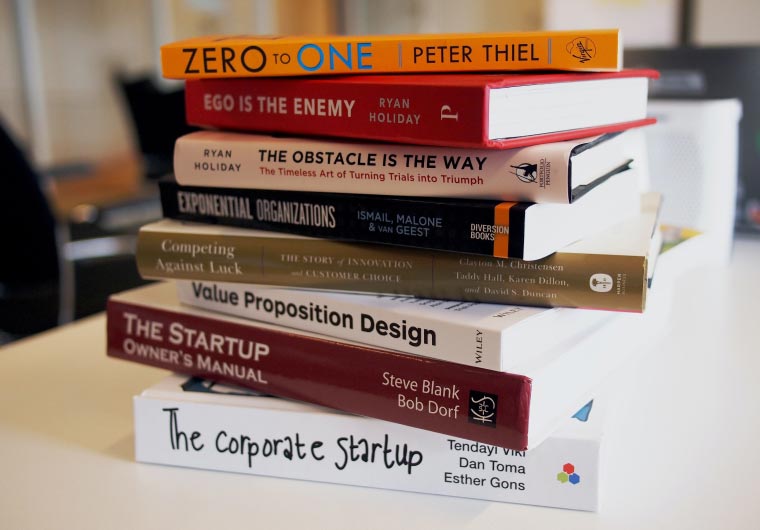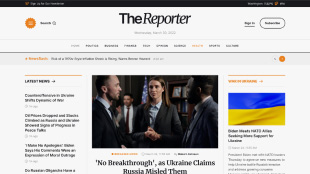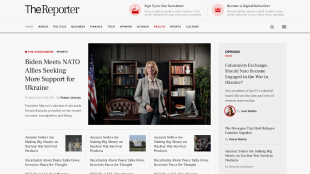One of the prevailing narratives to surface from the news of Elon Musk buying Twitter—in a culture-shaking deal worth $44 billion—was that the end, in some form, had arrived for the pioneering social media site.
One of the prevailing narratives to surface from the news of Elon Musk buying Twitter—in a culture-shaking deal worth $44 billion—was that the end, in some form, had arrived for the pioneering social media site.

What Twitter is today is not necessarily the best or most useful version of what is possible for users moving forward. The more fascinating outcome of Musk’s acquisition, and a potential exodus of users, is how it might give rise to the next iteration of the social internet somewhere.
The inevitably of Twitter’s end should not be cause for despair—there is excitement in what awaits us on the other side, in what comes next. That, for me, has always been the addictive charm of the social internet: that we continually find new ways to interact, create, be. That no matter what, we never stagnate.
One of the many things inherent in the digital age—and especially on social media, where the tinkering and retooling of relationships is a constant—is the certainty of impermanence, the assurance of the ephemeral. Things are here and then, in a spectacular flash, they are not.
Things are here and then, in a spectacular flash, they are not. One of the many things inherent in the digital age—and especially on social media, where the tinkering and retooling of relationships is a constant—is the certainty of impermanence, the assurance of the ephemeral.
Keep in touch with our news & offers
Thank you for subscribing to the newsletter.
Oops. Something went wrong. Please try again later.
| Cookie | Duration | Description |
|---|---|---|
| cookielawinfo-checkbox-analytics | 11 months | This cookie is set by GDPR Cookie Consent plugin. The cookie is used to store the user consent for the cookies in the category "Analytics". |
| cookielawinfo-checkbox-functional | 11 months | The cookie is set by GDPR cookie consent to record the user consent for the cookies in the category "Functional". |
| cookielawinfo-checkbox-necessary | 11 months | This cookie is set by GDPR Cookie Consent plugin. The cookies is used to store the user consent for the cookies in the category "Necessary". |
| cookielawinfo-checkbox-others | 11 months | This cookie is set by GDPR Cookie Consent plugin. The cookie is used to store the user consent for the cookies in the category "Other. |
| cookielawinfo-checkbox-performance | 11 months | This cookie is set by GDPR Cookie Consent plugin. The cookie is used to store the user consent for the cookies in the category "Performance". |
| viewed_cookie_policy | 11 months | The cookie is set by the GDPR Cookie Consent plugin and is used to store whether or not user has consented to the use of cookies. It does not store any personal data. |






